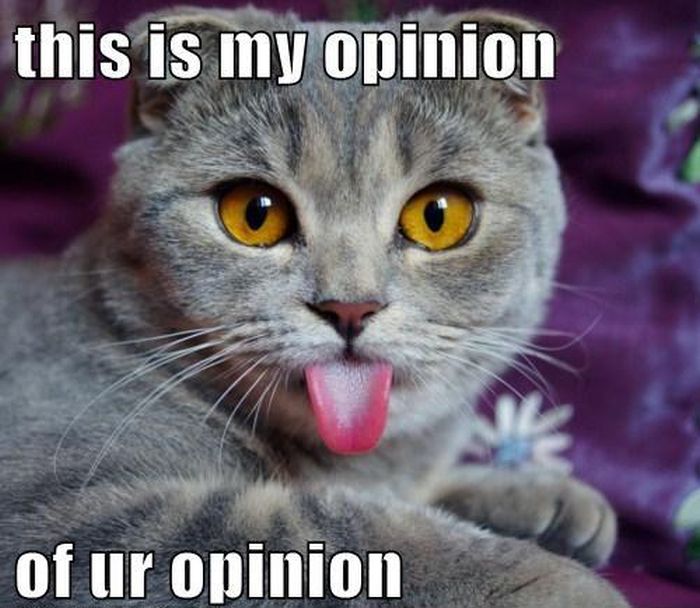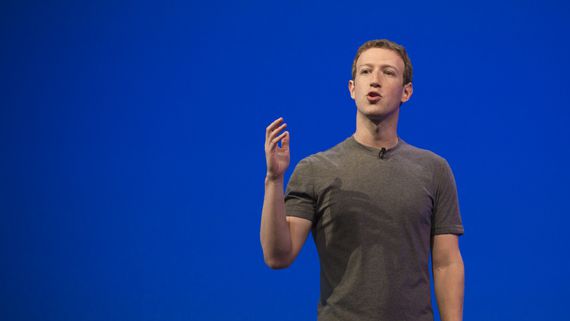The root cause behind Facebook’s unwillingness to accept its role in the “news”
Facebook’s media headaches don’t start or end with fake news: With 1.8 billion monthly visitors, Facebook is a media-sharing powerhouse. But unlike the search giant Google or other big networks such as Twitter, Facebook exerts more control over what you see. Those News Feed algorithms are really, really good at getting you to click your way down a comfy rabbit hole. The election exposed how your own personal Facebook burrow — with its echo chambers, fake news and entry points for abuse — may not be a safest place to live.
Source: Facebook is the unwilling king of the news – CNET
Facebook is firmly rooted at the epicenter of the investment theme we call the Connected Society — the intersection of computing, broadband, mobility and the Internet changing the way we live. There’s no disputing that.
Also crystal clear is the fact that Facebook pretty much controls the flow of news to a large portion of the world. Think about where you heard about the latest political or economic development? What about celebrity news? Or even more impactful, what about your local community news? Usually, it’s through Facebook that many of us are becoming aware of the happenings of the world.
But Facebook doesn’t seem to want to accept that role — or more specifically, doesn’t want to accept the responsibility of that role. By this, we mean the responsibility to curate, ferret out the minutia and keep the public informed of what’s important. What they need to know. What they should know. It’s what the country used to turn to Walter Cronkite, the major newspapers or the evening news on the major networks for on a daily basis. “Just give me the facts please.”
But here’s the ugly reality — the dilemma that frankly all the “news” entities are dealing with — facts don’t get people to click. Facts don’t keep people tuned in. Facts don’t get people to pick up the paper or magazine. Facts don’t get people to share a story on Facebook. The National Enquirer figured that one out a long, long time ago, and Facebook and all of its engineers are particularly well-adapt and presenting stories and images in a way to drive shares, likes and clicks to no end.
Typically, what gets the metrics pumping, are the sensationalized stories. The stories you can’t believe. The behind-the-scenes gossip that everyone wants to know about. Needs to know about! Won’t believe when you find out about!
So if Facebook accepts its role as THE news curator for the world — which is a reason why it also sits in our Content is King thematic, by the way, — then what happens to the user-engagement metrics? What happens to the number of logins, posts, shares, “likes”, clicks?
If the company starts editing out the “fake news” or promoting the “true news” it might be good for the public, but bad for the business metrics. Or a more cynical viewpoint, if users believe Facebook isn’t just curating the facts, but taking a political slant in how it approaches the process (gasp!), then do users disappear altogether and instead go back to their own “social networks”?
These are the things we are sure Mark Zuckerberg, Sheryl Sandberg and the rest of the team at Facebook are struggling with, especially after the latest election cycle.
Can’t we all just share angry cat memes?





